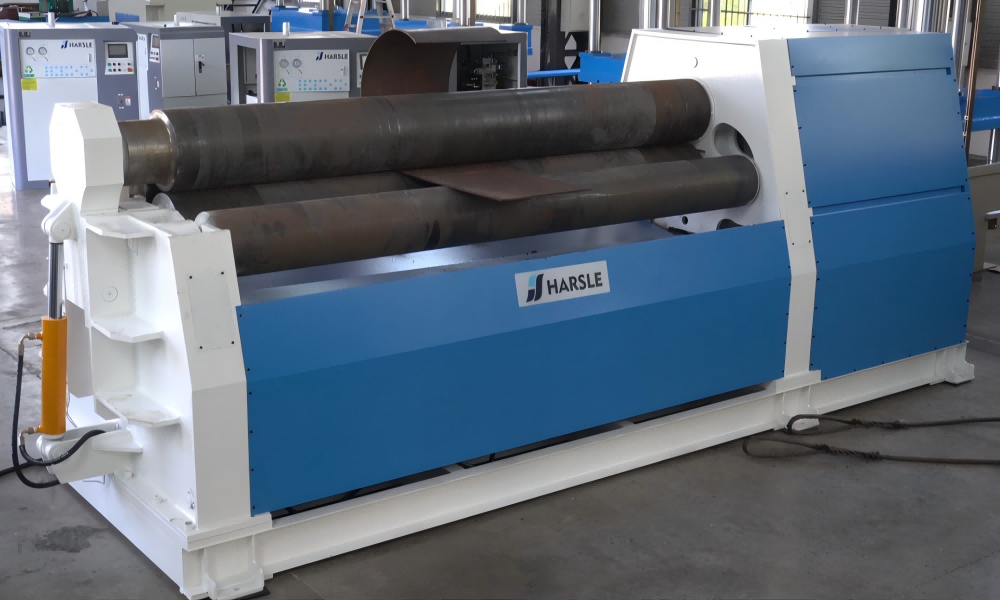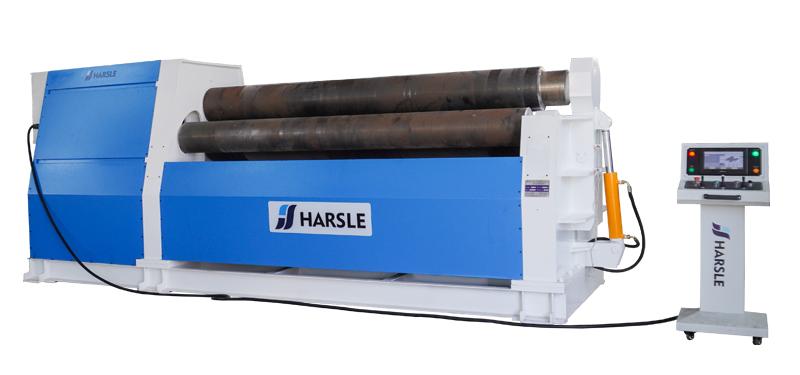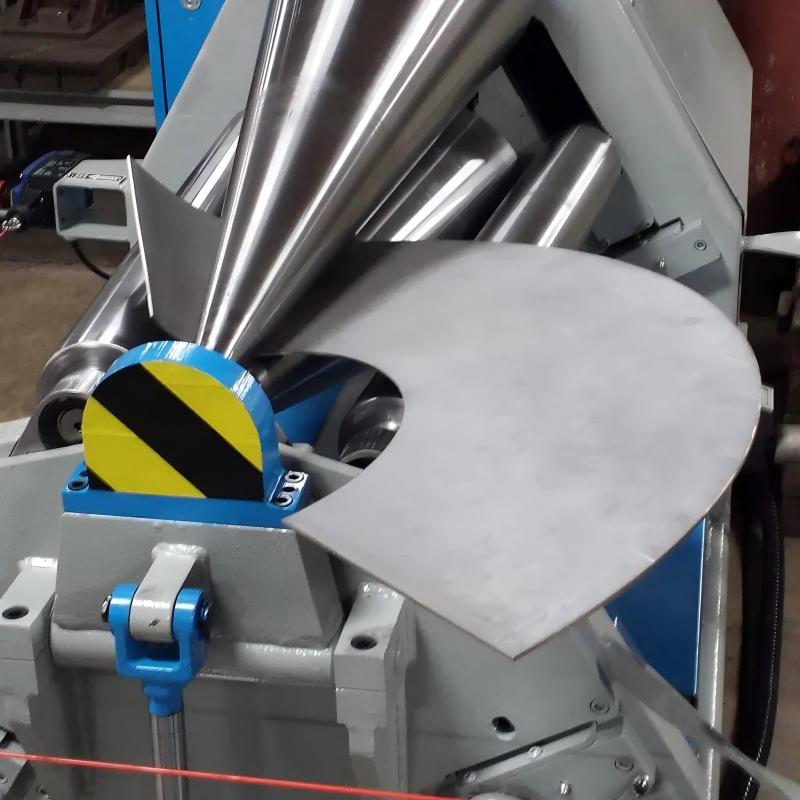Centrum dokumentacji
Kompleksowe instrukcje techniczne i przewodniki, które pomogą Ci opanować obsługę maszyn HARSLE i zoptymalizować wydajność obróbki metali
O co należy pytać przy zakupie maszyny do wałkowania?
When I’m in the process of buying a maszyna do walcowania, I know how important it is to ask the right questions up front. This not only helps me avoid costly mistakes but also ensures I get a machine that truly meets my production needs. In this article, I’ll walk you through the key points to discuss with suppliers so you can confidently choose the right rolling equipment for your business. Whether you’re upgrading your line or making your first purchase, these tips will guide your decision.
Understanding Your Application Needs
What Materials Will You Be Rolling?

The first thing I clarify with any supplier is the type of material I’ll be working with. Mild steel, stainless steel, and aluminum all have different bending characteristics. If I’m planning to roll high-strength alloys, I make sure to ask if the machine’s capacity is rated for those materials—not just mild steel.
What Thickness and Width Do You Need?
Another essential detail is plate thickness and width. Suppliers often list maximum specs for mild steel, but I always double-check how those specs change for other materials. I also consider whether I’ll be rolling narrow cones, wide cylinders, or tapered parts, and ask the supplier about the machine’s minimum and maximum rolling range.
Evaluating Machine Configuration Options
Should You Choose a 3-Roll or 4-Roll Machine?

When buying a rolling machine, I compare 3-roll and 4-roll designs. 3-roll machines are generally more affordable but require more operator input. 4-roll machines allow automatic feeding and pre-bending, which saves time and increases accuracy—especially useful for repetitive jobs.
Is CNC Control Necessary?
If precision and repeatability are important in my shop, I always ask if the machine supports CNC control. A basic hydraulic rolling machine might work for simple jobs, but CNC automation makes a huge difference when dealing with multiple part sizes or production batches.
Checking Structural Quality and Durability
What Is the Frame Construction Like?
I always ask the supplier about the frame—welded steel construction is stronger and more durable for high-tonnage work. Reinforced side frames, oversized bearings, and hardened rolls are all indicators of long-lasting performance.
Is the Roll Surface Treated?
Roll surface treatment helps prevent premature wear and improves grip on slippery materials. I ask if the rolls are induction-hardened or polished, especially if I’m working with stainless or aluminum sheets.
Clarifying Service, Warranty, and Support
What Is the Warranty Policy?
Before I sign any contract, I want to be clear on warranty terms. I ask how long the coverage lasts, what parts are included, and whether labor is covered for field repairs. A good supplier offers at least 12 months of full warranty with extension options.
Is Technical Support Readily Available?

After-sales support can make or break a project. I always confirm whether the supplier provides remote diagnostics, on-site technician visits, and access to spare parts. Reliable support is especially critical when I’m operating in a different country or time zone.
Customization and Upgrade Possibilities
Can the Machine Be Customized?

Every workshop is different, so I often ask whether the machine can be tailored to my needs. That might include optional side supports, hydraulic loading tables, or integration with existing automation lines. A flexible supplier will help configure the machine layout, control system, and safety features to match my process.
Are Future Upgrades Possible?
Technology evolves, and I prefer machines that can be upgraded later. I ask whether additional accessories like cone rolling tools, wireless control, or software enhancements can be added down the line.
Często zadawane pytania
What’s the most important question to ask when buying a rolling machine?
Start by asking whether the machine’s rated capacity matches your material type, thickness, and width. This prevents underperformance or damage.
How do I choose between 3-roll and 4-roll models?
If you need fast setup, precise pre-bending, and minimal operator intervention, 4-roll is the better choice. For basic use and budget-conscious operations, 3-roll machines are often sufficient.
Should I invest in CNC automation?
If your business handles repeat jobs or variable part sizes, CNC automation is a smart investment—it saves time, reduces errors, and improves consistency.
What kind of maintenance is required after purchase?
Regular lubrication, cleaning, roll inspection, and hydraulic fluid checks are key. Ask your supplier for a recommended maintenance schedule.
Wniosek
When buying a maszyna do walcowania, it pays to be thorough. Asking the right questions helps ensure you select a machine that fits your material range, production goals, and budget. From technical specifications to after-sales support, don’t hesitate to dig deep during discussions with your supplier. At HARSLE, we provide expert consultation and custom-configured machines to meet the highest expectations. Contact our team today to get personalized guidance and find the rolling solution that works best for your business.













